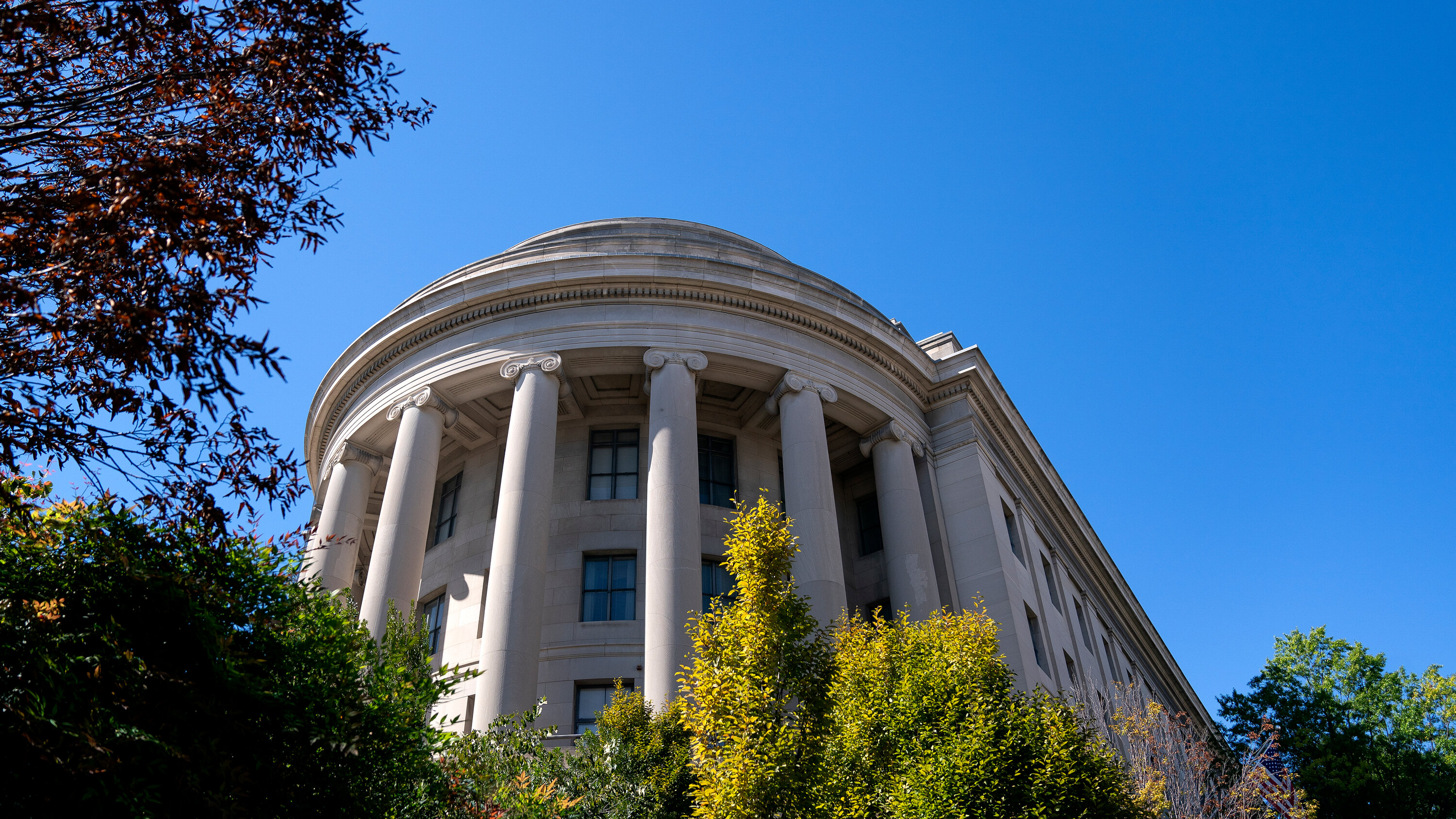army judge
Super Moderator
POSTER'S NOTE:
When the purported "ban" on noncompete contracts was announced, I wondered how long before the legal challenges would begin?
I thought, perhaps six to nine months.
Alas, the "ban" was banned!!!
Irony what's not to love about irony?
0000=====================================0000
A federal judge in Texas on Tuesday barred a U.S. Federal Trade Commission rule from taking effect that would ban agreements commonly signed by workers not to join their employers' rivals or launch competing businesses.
U.S. District Judge Ada Brown in Dallas said the FTC, which enforces federal antitrust laws, does not have the authority to ban practices it deems unfair methods of competition by adopting broad rules.
Brown had temporarily blocked the rule in July while she considered a bid by the U.S. Chamber of Commerce, the country's largest business lobby, and tax service firm Ryan to strike it down entirely. The rule was set to take effect Sept. 4.
Brown in her ruling said that even if the FTC had the power to adopt the rule, the agency had not justified banning virtually all noncompete agreements.
"The Commission's lack of evidence as to why they chose to impose such a sweeping prohibition ... instead of targeting specific, harmful non-competes, renders the Rule arbitrary and capricious," wrote Brown, an appointee of Republican former President Donald Trump.
The FTC and the Chamber of Commerce did not immediately respond to requests for comment.
The Democratic-controlled FTC approved the ban on noncompete agreements in a 3-2 vote in May. The commission and supporters of the rule say the agreements are an unfair restraint on competition that violate U.S. antitrust law and suppress workers' wages and mobility.
About 30 million people, or 20% of U.S. workers, have signed noncompetes, according to the FTC.
The commission often adopts rules that target specific industries, such as requiring telemarketers to make certain disclosures or mandating that gas stations display fuel ratings, but it is unusual for the agency to enact bans on more widespread business practices.
Business groups have argued that Congress never intended to give the FTC those broad powers, and that banning noncompetes will make it difficult to safeguard trade secrets and other confidential information.
Last week, a federal judge in Florida ruled that the ban was likely invalid and blocked it from being applied to a real estate developer. But a judge in Philadelphia went the other way in July, finding that the FTC reasonably concluded that noncompetes are virtually never justified.
In a separate case, a federal judge in Pennsylvania declined last month to block the rule. Diverging rulings on the fate of the ban could leave the door open to review by higher courts.
"Many businesses will welcome the reprieve, but the uncertainty continues as the fight now moves to the appellate courts," said Kevin Goldstein, an antitrust partner at Winston & Strawn.

 www.nytimes.com
www.nytimes.com
When the purported "ban" on noncompete contracts was announced, I wondered how long before the legal challenges would begin?
I thought, perhaps six to nine months.
Alas, the "ban" was banned!!!
Irony what's not to love about irony?
0000=====================================0000
A federal judge in Texas on Tuesday barred a U.S. Federal Trade Commission rule from taking effect that would ban agreements commonly signed by workers not to join their employers' rivals or launch competing businesses.
U.S. District Judge Ada Brown in Dallas said the FTC, which enforces federal antitrust laws, does not have the authority to ban practices it deems unfair methods of competition by adopting broad rules.
Brown had temporarily blocked the rule in July while she considered a bid by the U.S. Chamber of Commerce, the country's largest business lobby, and tax service firm Ryan to strike it down entirely. The rule was set to take effect Sept. 4.
Brown in her ruling said that even if the FTC had the power to adopt the rule, the agency had not justified banning virtually all noncompete agreements.
"The Commission's lack of evidence as to why they chose to impose such a sweeping prohibition ... instead of targeting specific, harmful non-competes, renders the Rule arbitrary and capricious," wrote Brown, an appointee of Republican former President Donald Trump.
The FTC and the Chamber of Commerce did not immediately respond to requests for comment.
The Democratic-controlled FTC approved the ban on noncompete agreements in a 3-2 vote in May. The commission and supporters of the rule say the agreements are an unfair restraint on competition that violate U.S. antitrust law and suppress workers' wages and mobility.
About 30 million people, or 20% of U.S. workers, have signed noncompetes, according to the FTC.
The commission often adopts rules that target specific industries, such as requiring telemarketers to make certain disclosures or mandating that gas stations display fuel ratings, but it is unusual for the agency to enact bans on more widespread business practices.
Business groups have argued that Congress never intended to give the FTC those broad powers, and that banning noncompetes will make it difficult to safeguard trade secrets and other confidential information.
Last week, a federal judge in Florida ruled that the ban was likely invalid and blocked it from being applied to a real estate developer. But a judge in Philadelphia went the other way in July, finding that the FTC reasonably concluded that noncompetes are virtually never justified.
In a separate case, a federal judge in Pennsylvania declined last month to block the rule. Diverging rulings on the fate of the ban could leave the door open to review by higher courts.
"Many businesses will welcome the reprieve, but the uncertainty continues as the fight now moves to the appellate courts," said Kevin Goldstein, an antitrust partner at Winston & Strawn.

Judge Blocks F.T.C.’s Noncompete Rule
The Federal Trade Commission was deemed to lack the authority to bar companies from restricting their employees’ ability to go to work for rivals.